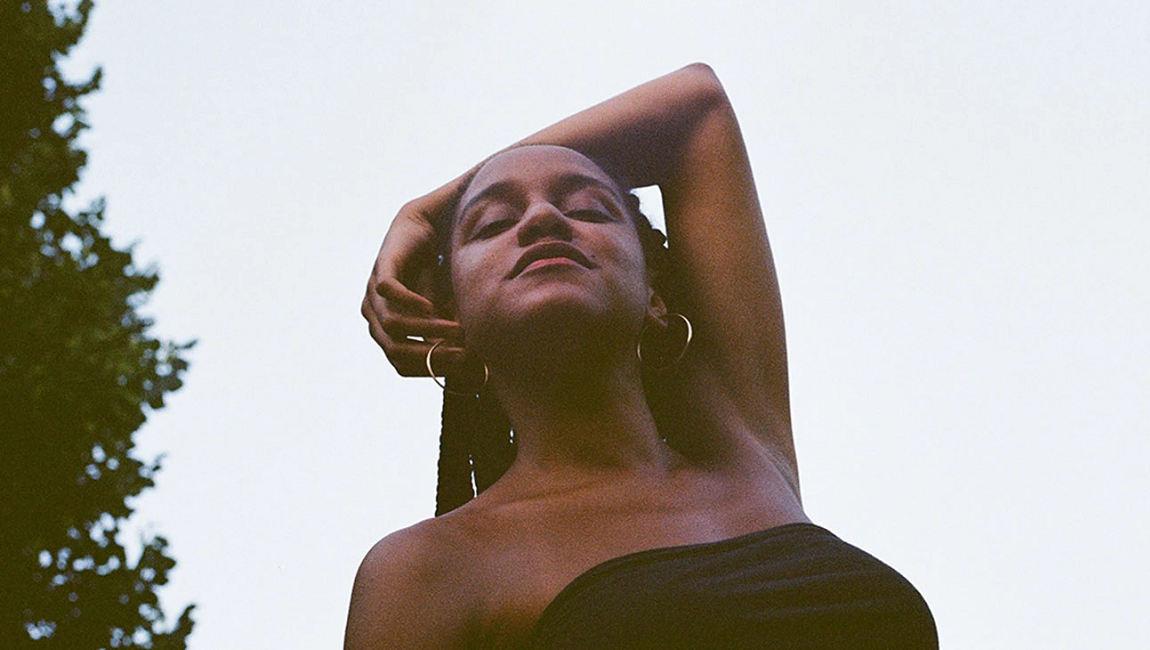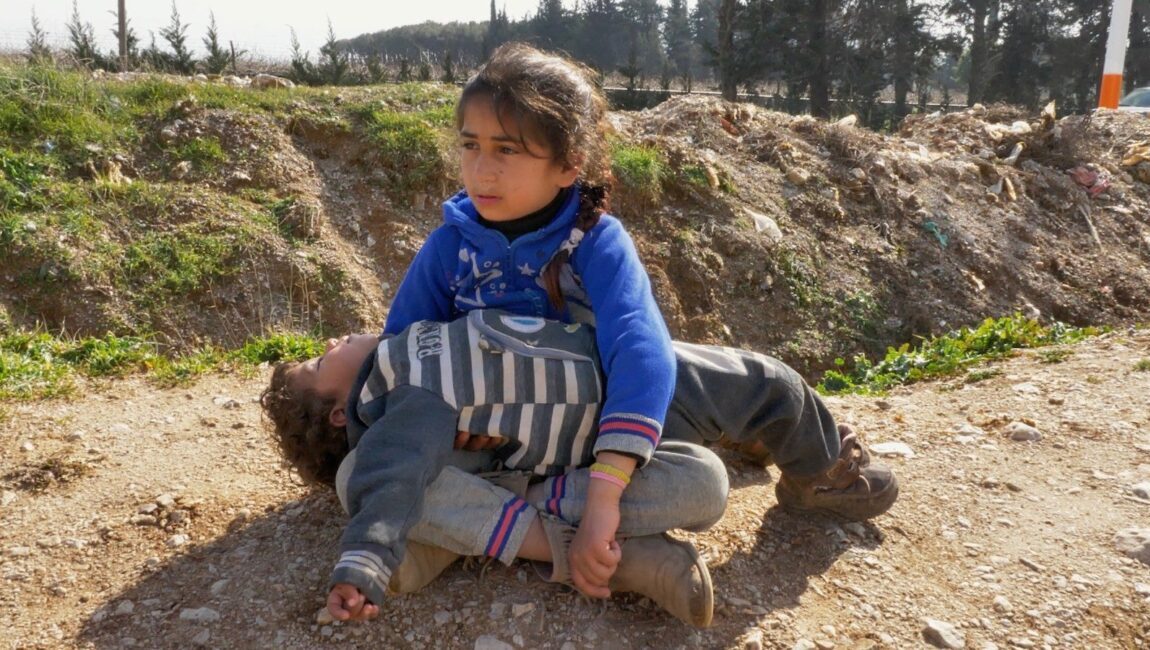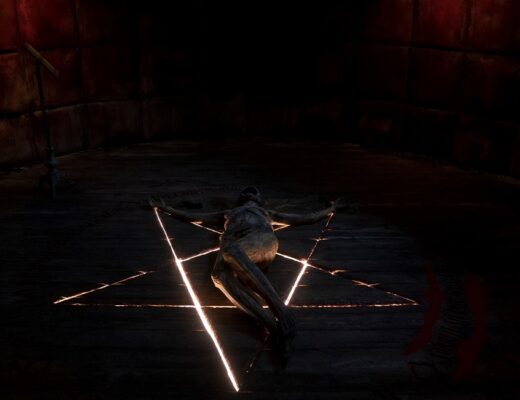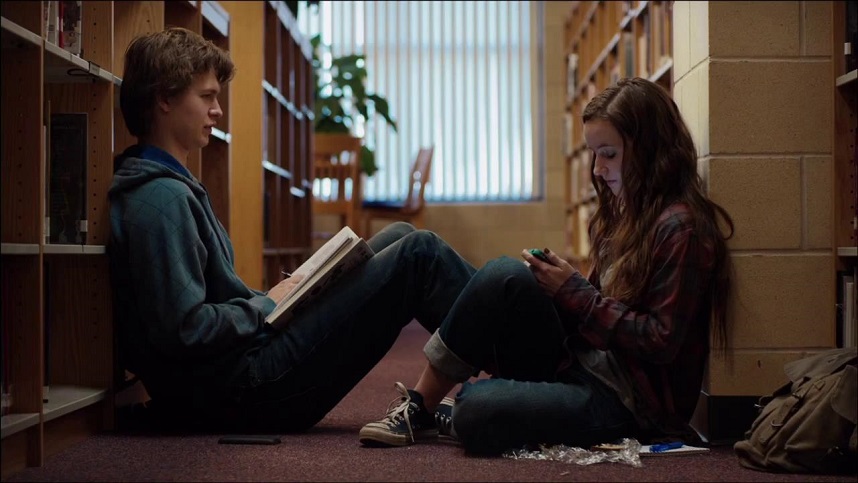Beba is a uniquely fascinating or formally gorgeous mining of personal history, one that fully immerses viewers into its subject’s headspace.
“You are now entering my universe. I am the lens, the subject, the authority.” So begins Beba, Rebeca Huntt’s cinematic self-portrait, which employs an incantatory voiceover and a chaotic swirl of 16mm imagery to interrogate her family history, a navigation of her identity as an Afro-Latina with a Dominican father and Venezuelan mother, and how this impacted her development as an artist. Huntt goes on to state, “I carry an ancient pain that I struggle to understand,” and that “violence lives in my DNA.” This sets up the boldly confrontational yet mesmerizingly contemplative tone she strikes in her piece, creating an entrancing spell with her words and images.
The film consists of four chapters, and the first, “The Curse,” delves into the story of her parents’ emigration to New York and their eventual settling into a small, one-bedroom apartment near Central Park, their family also including Huntt’s brother and sister. This section of the film contrasts Huntt’s relationships with her father and mother. Her onscreen interview with her father demonstrates their warm and easy rapport, as he talks of his early years working in the Dominican sugarcane fields, and his escape from the violent regime of the dictator Trujillo. Her interview with her mother is far more thorny and confrontational, as she interrogates her mother about what it was like raising Black children, their talk soon devolving into Huntt accusing her mother of microaggressions, and eventually mutual angry silence. Later, Huntt tells the story of how she once choked her mother during an argument, making it quite ironic that she titles her film after her mother’s childhood nickname for her.
A later section of the film details her collegiate experience at Bard, and how she navigated being a poor person of color among mostly white, privileged peers; she was simultaneously gregarious and lonely during this period. In this section, Huntt includes an angry confrontation between herself and some clueless white acquaintances pontificating about the efficacy of racial protests, after which Huntt storms out of the room and into the street, a scene which we learn in the credits was staged, the inclusion of which is a dubious decision in a film of such raw, honest confession.
Shot over the course of eight years, Beba is a uniquely fascinating mining of personal history, fully immersing us into its subject’s headspace, weaving sometimes breathtakingly beautiful 16mm imagery, intimately confessional voiceover, and soundbites from James Baldwin and poet Audre Lorde into a remarkable autobiographical portrait of an artist well worth paying attention to.







